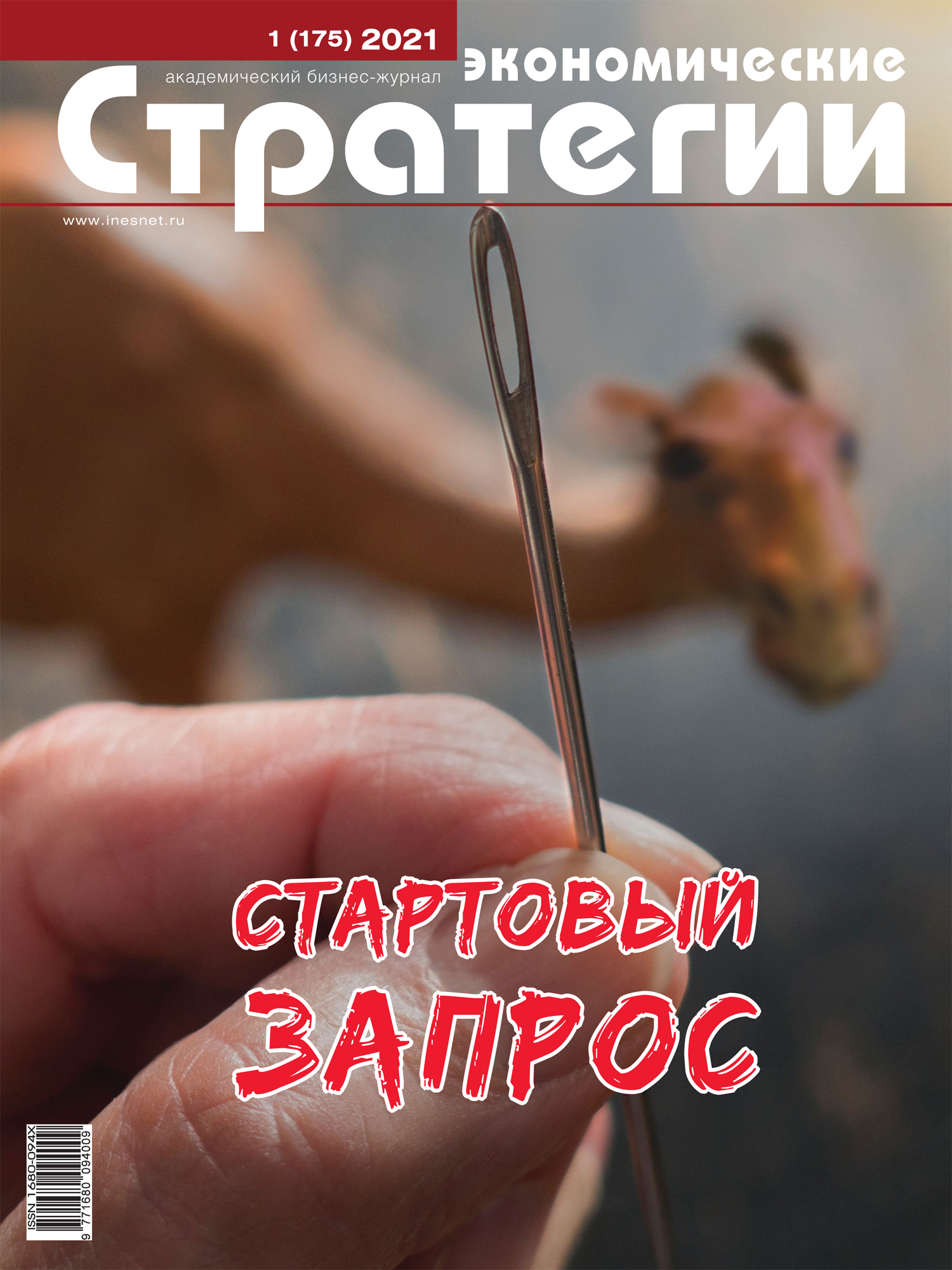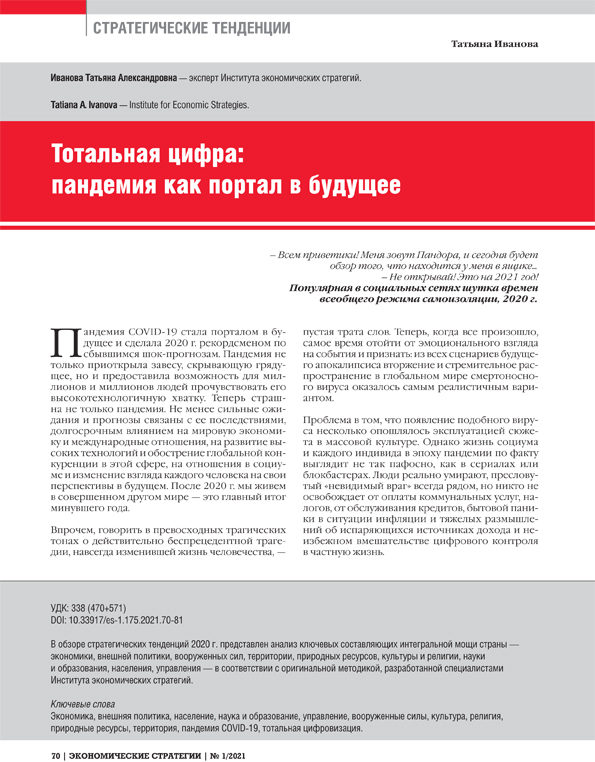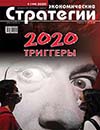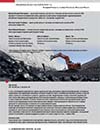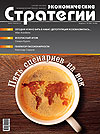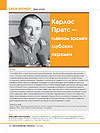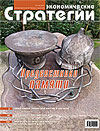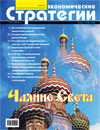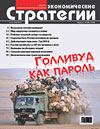Keywords: ,
,
,
,
,
,
,
,
,
DOI: 10.33917/es-2.168.2020.6-19
The article analyzes the world experience of assessing national strength, which is the most informative and popular indicator characterizing the combined national security potential of a particular country, allowing to compare the level of its military power and socio-economic development with other countries. Modeling and evaluating the national strength indicator is extremely important for adjusting strategic documents related to the long-term development of a country, as well as to its foreign policy. In many countries, the national security indicator is assessed by narrow circle of experts or through averaged survey results from a wider range of respondents. The disadvantage of this approach lies in subjectivity, and eventually, in an unreliable estimate. The authors provide a scientifically based methodology for modeling and assessing national power. In forming the components of the national strength integral indicator, key target indicators are used, which are established in the strategic planning documents of Russia. It should be also noted that they contain indicators that are not used by foreign researchers (for example, indicators related to the territory, population, industrial production, energy resources and many others). Results of calculating the integral indicators of national strength, obtained through convolution using factor analysis of group indices, show that at the moment Russia is a world leader (at the level of 3-4 places among 193 countries — members of the UN)
Продолжить чтение


